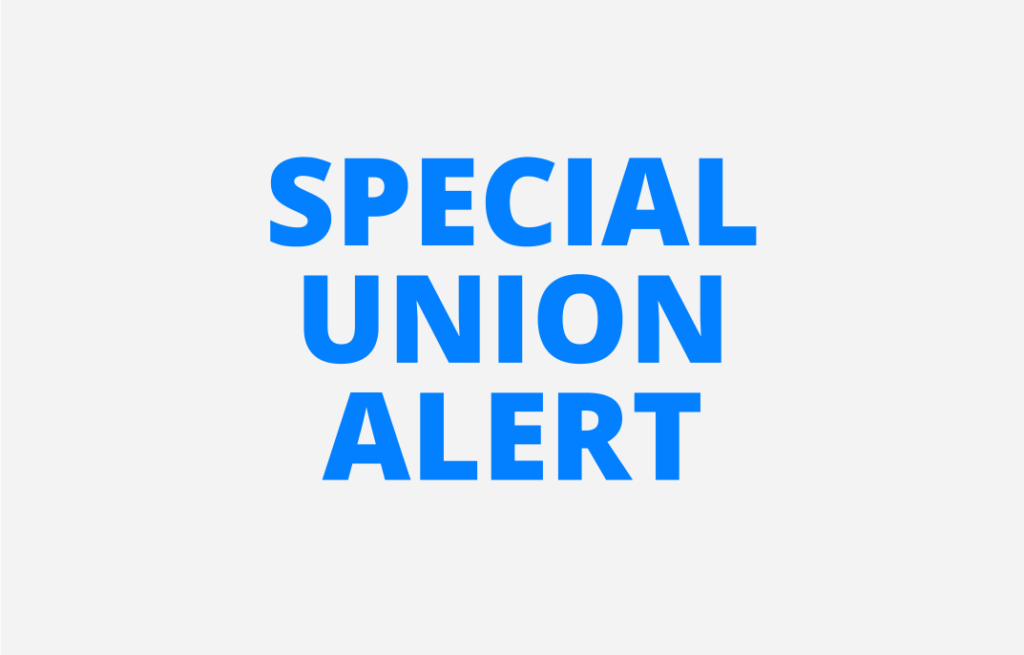

The NERFU Board and Disciplinary Committee have encountered a measurable increase in reports of referee abuse by players and spectators during NERFU matches and events. Referee abuse is never okay; never appropriate; and never acceptable. Not only is it a violation of the Laws of the game, but it also violates the spirit of the game and something that sets rugby apart from other sports. Respect for match officials is paramount and the importance of it cannot be overstated.
To be clear: referee abuse will not be tolerated in any aspect of the game, from any NERFU player, coach, or spectator. All referee abuse should be immediately reported to the NERFU Discipline Committee by emailing discipline@nerfu.rugby.
Please carefully review the below USA Rugby guidelines related to referee abuse. NERFU will strictly enforce this policy. Sanctions for referee abuse by any player, coach, or spectator can include, among other things:
Each team is responsible for the conduct of its own fans and spectators.
The New England Rugby Referee Society (NERRS) welcomes clubs to complete their referee feedback form so any concerns are heard. Including videos of matches especially helps in referee coaching and development.
Please help us all keep rugby a safe, fun, and welcoming sport by treating match officials with respect.
USA RUGBY 2023-2024 REFEREE ABUSE POLICY AND GUIDELINES
Referee Abuse Policy and Guidelines
The Referee Abuse Policy and Guidelines document is provided to USA Rugby membership in order to define Referee Abuse. USA Rugby recognizes that addressing Referee Abuse will assist with referee recruitment and retention at the local and entry level. The growth of Rugby in the United States is constrained by the number of Referees available and interested in performing this role, so as it follows, it is imperative that USA Rugby address a barrier or hardship involved in the growth of the referee community and each individual referee. As the role is one that takes years of practice, study, and commitment, the treatment of Referees by the players, coaches, administrators should be supportive of one another that serve the principles of the game and in a respectful manner.
“Match Official” means the center referee, any Assistant Referee (AR), any #4 appointed by the Local Society or Match Organizer, and/or any Field Marshal, charged with policing abuse of the referees.
POLICY:
Referee Abuse – Application:
For the purpose of this policy, abuse is any conduct that falls under World Rugby Law 9, subsections 12, 27, and 28, governing verbal and physical abuse, acts contrary to good sportsmanship, and respecting the authority of the Match Official. The scope of this policy expressly extends this standard beyond participating players to include coaches, administrators, player reserves, medical personnel, photographers, or other persons allowed inside the playing enclosure or technical zones.
Definition:
Referee Abuse includes, but is not limited to:
Referee abuse is not limited to on-pitch behavior:
Referee Protocol in handling Referee Abuse
As outlined in the Game Management Guidelines, upon recognizing Referee Abuse, the Match Official may penalize a player or issue a card to the players.
For Referee Abuse involving coaches, reserve players, or those who are along the sidelines (not within the stands of a stadium setting) who are observed or perceived to commit abuse against Match Officials, the following protocols should be followed:
Referee Abuse Reporting Requirements
Referee Organizations are required to report to the Referee and Laws Committee all incidents of Referee Abuse and offenders must be cited using the formal process as outlined by the local Union, SRO, and USA Rugby Disciplinary Procedures. Additionally, Match Officials might choose to file a report of a crime to local authorities. If a Referee has concerns that Abuse is not appropriately handled, they can invoke a process through the RLC JO.
GUIDELINES:
Referee Societies and Unions should educate and promote a zero tolerance policy for referee abuse and are encouraged to address situations of referee abuse however they see fit.
There are various forms of sanctions that can be imposed. The following sanctions are available for any Society or Union to employ:
Other workgroup requests of USA Rugby:
Reporting of Yellow / Red Cards and Abuse reports is needed in a national registry available in a secure manner to administrative club and union reps and officials.
Even better: once a Discipline system is made available, the restrictions on players can be imposed within a Competition Management System. (This would be considered highly sophisticated working software, and while SportsLomo attempted to promise this functionality, we have yet to see any reasonable delivery.)

Since 1975, the New England Rugby Football Union has embodied grit, camaraderie, and unbreakable spirit. We honor the intrepid ruggers who laid the foundation and toast to every player, club, and supporter who’s kept the passion alive. Here’s to the next fifty!
Get the latest New England Rugby news!